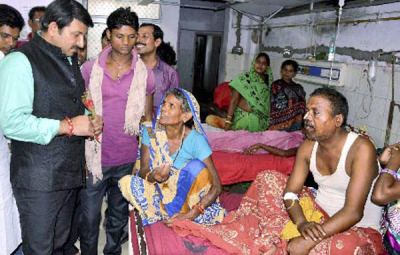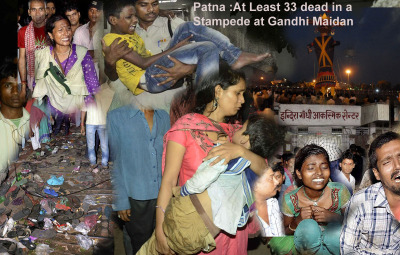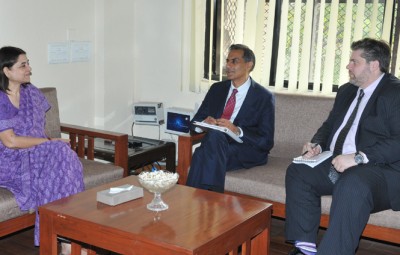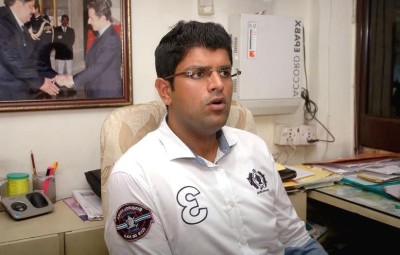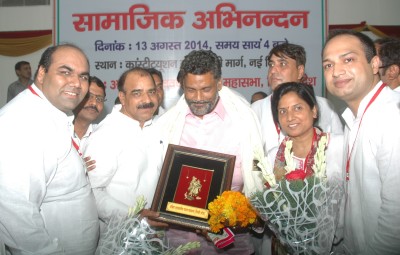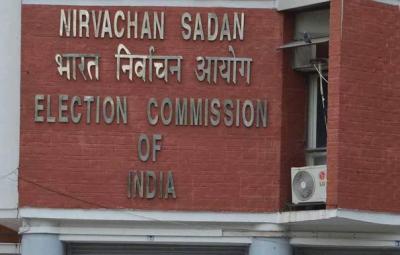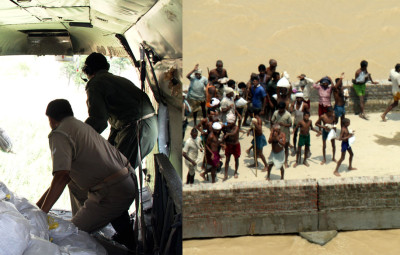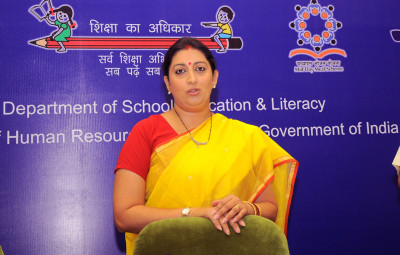New Delhi:-Expansion of the ‘cyber world’ around us has proved to be a boon for the business, establishments, enterprises, education field, interpersonal relations and the society as whole; but at the same time has also become a preying ground for the unscrupulous elements thereby providing innumerable and innovative ways of cheating and defrauding.Government to take such steps as will prevent and punish the cyber crimes and their perpetrators so that even the common man can tread on the cyber highway without fear of falling prey to unscrupulous elements. In this effort the Central Government is working in consort with all stakeholders.
As per the Crime Data /information maintained by National Crime Record Bureau (NCRB), 2,464 cases of crime such as hacking and others, were registered during 2012. A total of 1,440 cases were related to loss / damage to computer resource/ utility reported under hacking with computer systems (Section 66(1) of the Information Technology Act 2000) and 435 cases were related to hacking under Section 66(2) of the Information Technology Act 2000. For committing such crimes, 749 persons were arrested during 2012. There were 589 cases of obscene publications / transmission in electronic form under Section 67 of Information Technology Act, 2000 during the year 2012; wherein 497 persons were arrested. In addition, 259 cases of cheating through cyber forgery and 118 cases of cyber frauds were registered under Indian Penal Code (IPC) provisions. Further, as per the information provided by Reserve Bank of India 6,034 frauds involving credit /ATM/ debit cards were reported in 2013.
The steps taken by the Govt Police and Public Order are State subjects under the Constitution and as such the State Governments and Union Territory Administrations are primarily responsible for prevention, detection, registration and investigation of crime including Cyber Crime and for prosecuting the criminals through Law Enforcement machinery within their jurisdictions.A total no. of 3, 45, 37 and 36 cases of fake accounts/ profiles on various social networking websites were reported to Indian Computer Emergency Response Team (CERT-In) in the year 2010, 2011, 2012 and 2013 (till November) by various Law Enforcement Agencies. CERT-In, further, contacted these social networking websites for disabling of fake accounts and for getting user access details of these fake accounts/profiles. In most of the cases, such fake accounts were successfully disabled in association with social networking sites, having offices in India. However, success rate is low in disabling accounts and getting information from social networking sites having offices abroad.
Steps Taken by the Central Government to Prevent Frauds Government has taken the following actions to prevent frauds by social networking sites and matrimonial sites. Government has notified the Information Technology (Intermediary Guidelines) Rules 2011 under Section 79 of the Information Technology Act. These rules require that the Intermediaries, including national and international social networking sites and matrimonial sites, shall observe due diligence while discharging their duties and shall inform the users of Computer resources not to host, display, upload, modify, publish, transmit, update or share any information that is harmful, objectionable, affect minors and unlawful in any way. The said rules also require the intermediaries to appoint Grievance Officers to address the grievances received from users and affected individuals / organizations as and when received by them.
Government issued an advisory on 17th August 2012 to all the intermediaries, including national and international social networking sites, advising them to take necessary action to disable inflammatory and hateful content hosted on their web sites on priority basis.Government also conducts awareness campaign on the issue to educate users.Government is in regular dialog with the intermediaries including social networking sites for effective and efficient disablement of such content.
Creating an Efficient Fighting Force to Beat Cyber Crimes Fighting any type of crime needs a robust, dedicated, efficient and well-trained force and fighting cyber crimes is no exception. To train and develop Cyber Crime investigators, the Central Government has taken a series of steps, which include: Ministry of Home Affairs has issued an Advisory to the State Governments and Union Territory Administrations to build adequate technical capacity in handling cyber crime including trained manpower for detection, registration, investigation and prosecution of cyber crimes. Also, under the Cyber Crime Investigation programme, Ministry of Home Affairs is supporting the establishment of Cyber Crime Police Stations (CCPS) and Cyber Crime Investigations and Forensic Training Facilities (CCIFTF) in each State / Union Territory of India under Police Modernization Scheme. Action also has been taken to set up a National Centre of Excellence exclusively devoted to render Cyber Forensic services and to act as National Research and Training Centre on Cyber Forensics.
Major programme has been undertaken on development of cyber forensics tools, setting up of infrastructure for investigation and training of the users, particularly police and judicial officers in use of this tool to collect and analyze the digital evidence and present them in Courts. Indian Computer Emergency Response Team (CERT-In) and Centre for Development of Advanced Computing (CDAC) are involved in providing basic and advanced training to Law Enforcement Agencies, Forensic labs and judiciary on the procedures and methodology of collecting, analyzing and presenting digital evidence.
Cyber forensics training lab has been set up at Training Academy of Central Bureau of Investigation (CBI) to impart basic and advanced training in Cyber Forensics and Investigation of Cyber Crimes to Police Officers associated with CBI. In addition, Government has set up cyber forensic training and investigation labs in the States of Kerala, Assam, Mizoram, Nagaland, Arunachal Pradesh, Tripura, Meghalaya, Manipur and Jammu & Kashmir for training of Law Enforcement and Judiciary in these States.
In collaboration with Data Security Council of India (DSCI), NASSCOM, Cyber Forensic Labs have been set up at Mumbai, Bengaluru, Pune and Kolkata for awareness creation and training programmes on Cyber Crime investigation. National Law School, Bangalore and NALSAR University of Law, Hyderabad are also engaged in conducting several awareness and training programmes on Cyber Laws and Cyber crimes for judicial officers.
Rs. 500 crore has been allocated for the Department of Electronics and Information Technology (DeitY) , DeitY in the 12th Plan period (2012-17) for Cyber Security Programme including Cyber Safety, Security and Surveillance, Cyber Crime Investigations and Cyber Forensics. We analyse that the Cyber Crime is growing at alarming rate the major reason is that we are not reporting against the Cyber Crime until it has some financial implications we have to come forth and report other kind of crimes in our society.

